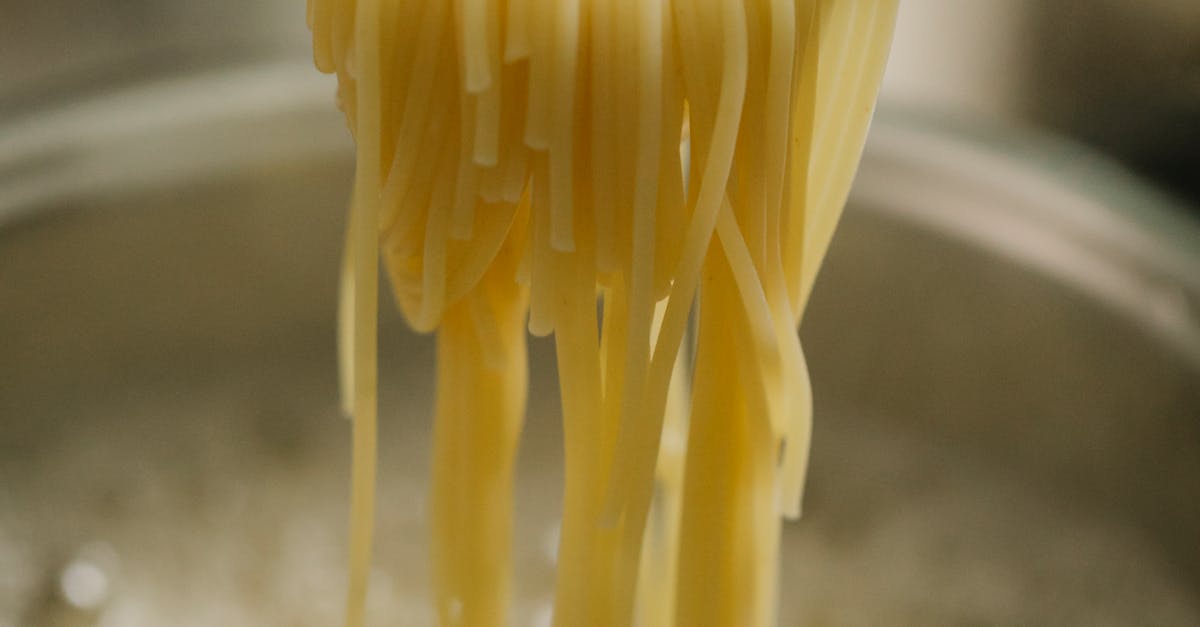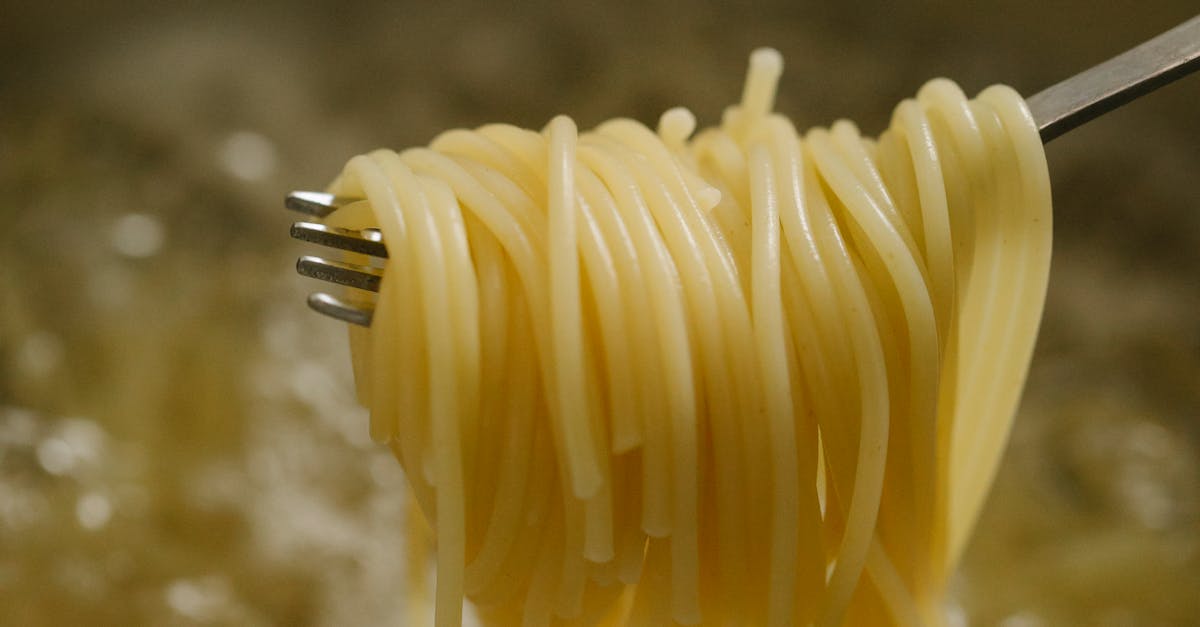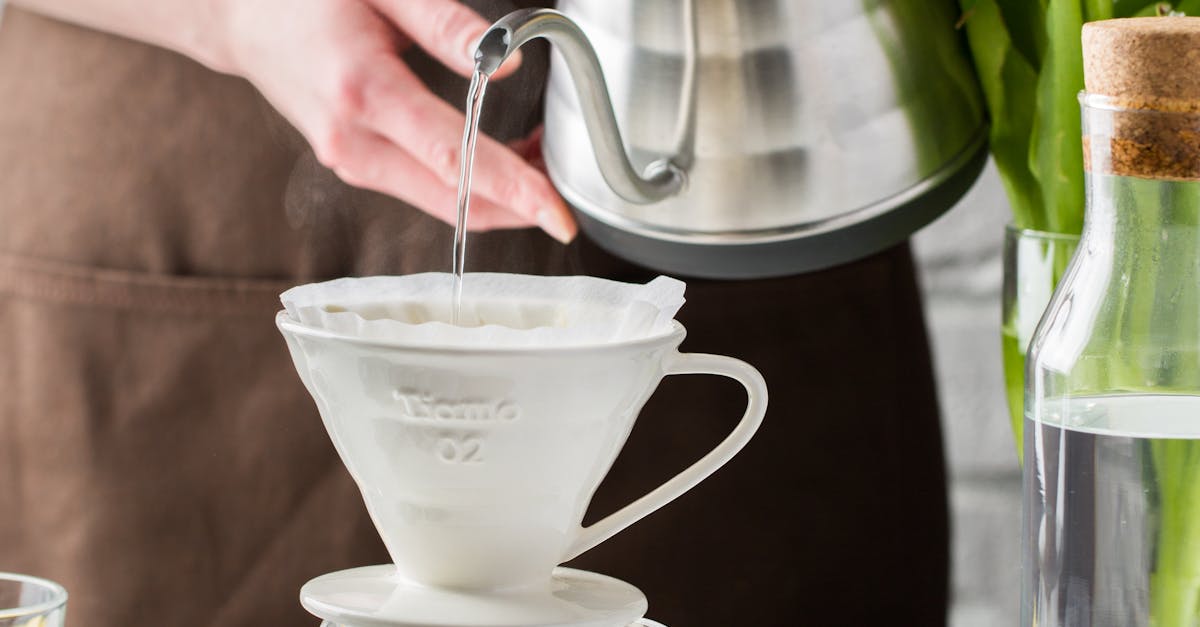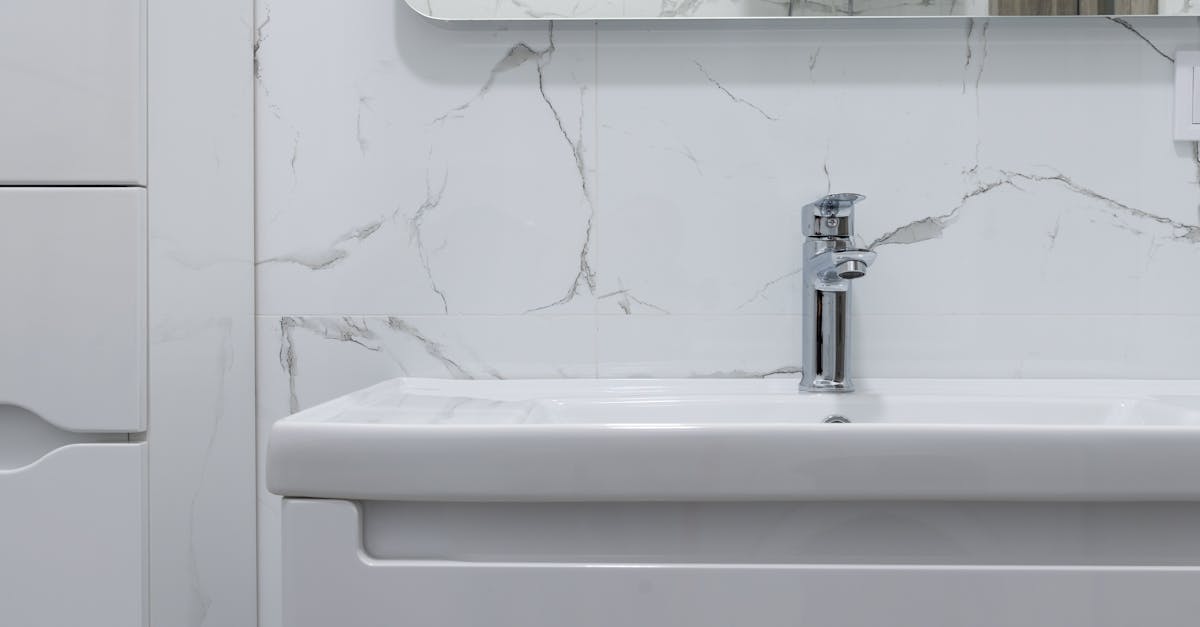
Table Of Contents
Using Dish Soap
Dish soap can be a surprisingly effective tool for drain cleaning. Its grease-fighting properties help break down stubborn clogs caused by food residues, hair, and other debris that may accumulate over time. When poured directly into the toilet, dish soap lubricates the pipes while simultaneously helping to dislodge blockages. For optimal results, it’s best to let the soap sit for at least 30 minutes before flushing.
When using dish soap for drain cleaning, hot water enhances its effectiveness. Pouring hot water after the soap maximises its ability to break down grease and grime, allowing for a smoother flow through the pipes. This combination not only aids in unclogging but also keeps the pipes cleaner for longer. Regular use of this method can help maintain clear drainage and prevent future blockages.
The Role of GreaseFighting Agents
Grease-fighting agents are essential for effective drain cleaning, as they specifically target and break down oily residues. These substances work by penetrating the grease and emulsifying it, making it easier for water to wash it down the pipes. Regularly using grease-fighting agents can prevent the build-up of sticky substances that can lead to blockages over time.
Incorporating these agents into your drain cleaning routine can significantly improve the overall hygiene and functionality of your plumbing system. Not only do they tackle existing grease, but they also help in preventing future accumulation. Their ability to ensure a clean flow through the pipes can save homeowners from expensive plumbing repairs caused by stubborn clogs.
The Power of Salt
Salt serves as an effective agent for drain cleaning due to its natural abrasive properties and ability to dissolve grime. When mixed with hot water, it can help dislodge stubborn blockages and eliminate foul odours that linger within pipes. The granules can scrub small particles stuck to the interior surfaces, promoting smoother water flow and reducing the risk of clogs in the future.
In addition to physical cleaning, salt has antibacterial properties, which can aid in preventing the buildup of harmful bacteria and mould. Regular use of salt in drain cleaning routines can contribute to maintaining a healthier plumbing system. The combination of salt and hot water not only cleans but also refreshes the pipes, enhancing the overall sanitation of the drainage system.
How Salt Cleans and Deodorises Pipes
Salt serves as an effective and natural cleaning agent for pipes, thanks to its abrasive qualities and ability to absorb moisture. When introduced to the plumbing system, it aids in breaking down stubborn residues that build up over time. The granular texture of salt helps in scrubbing the interior surfaces of pipes, dislodging food particles, grease, and other debris that may be stuck, ultimately contributing to a smoother flow in your plumbing.
In addition to cleaning, salt can neutralise unpleasant odours often associated with stagnant water in pipes. It combats bacterial growth, which is a common culprit of foul smells. Regular drain cleaning with salt not only promotes better hygiene within the plumbing system but can also extend the lifespan of fixtures by preventing unnecessary clogs and blockages. Keeping this simple ingredient handy enables effective maintenance for a healthier and fresher environment.
Regular Maintenance Tips
Regular maintenance is essential for keeping your pipes in good condition and preventing blockages. Scheduling routine cleanings can help ensure that debris does not accumulate over time. Regular inspections can also identify potential problems before they escalate into serious issues, saving both time and money down the line. Drain cleaning should be part of your household upkeep, keeping the plumbing system free-flowing and efficient.
In addition to professional cleanings, homeowners can perform simple tasks to maintain pipe health. Using hot water regularly can help dissolve any grease or buildup within the pipes. Pouring a mixture of bicarbonate of soda and vinegar down the drain once a month is another effective method to maintain cleanliness. Implementing these small habits can complement drain cleaning efforts and extend the life of your plumbing system.
Scheduling Routine Cleanings
Scheduling regular drain cleaning is essential for maintaining a healthy plumbing system. Consistent inspections can help identify early signs of clogs, ensuring you address issues before they escalate into major blockages. Planning routine cleanings, ideally every few months, allows you to keep your pipes in peak condition. This proactive approach also helps in preventing unpleasant odours and potential plumbing emergencies.
Utilising professional drain cleaning services is beneficial for those who lack the time or tools for do-it-yourself tasks. Experts have the experience and equipment necessary to tackle stubborn clogs efficiently. Additionally, they can provide tailored recommendations, ensuring your plumbing system remains clear and functional over time. Investing in regular maintenance not only prolongs the life of your plumbing but also enhances the overall hygiene of your home.
FAQS
What can I pour down my toilet to clean the pipes effectively?
You can use dish soap, salt, or a combination of both to help clean and maintain your toilet pipes. Dish soap serves as a grease-fighting agent, while salt can help to deodorise and cleanse the pipes.
Is dish soap safe for my toilet and plumbing?
Yes, dish soap is generally safe for toilets and plumbing. It effectively breaks down grease and grime without causing damage to your pipes when used in moderation.
How does salt help in cleaning toilet pipes?
Salt helps to clean toilet pipes by acting as a natural abrasive, scrubbing away build-up, and it also deodorises the pipes, eliminating unpleasant odours.
How often should I clean my toilet pipes?
It's recommended to perform routine cleanings at least once a month to maintain optimal performance and prevent build-up that can lead to clogs.
Can I use vinegar or baking soda with these cleaning methods?
Yes, vinegar and baking soda can be used alongside dish soap and salt for a more thorough cleaning. The combination creates a fizzing reaction that helps to break down tough deposits in your pipes.





























